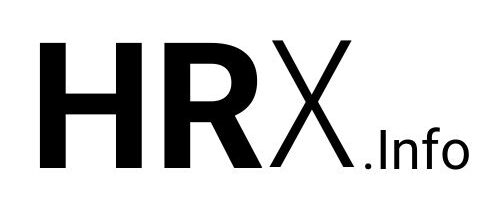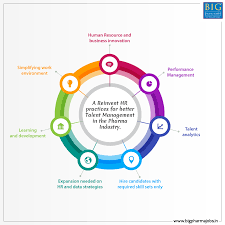International Human Resource Management (IHRM) refers to the strategic planning and implementation of human resource practices in multinational organizations. It includes all measures designed to effectively manage employees across global locations while aligning with overall business objectives and navigating complex social, cultural, and legal environments.
Unlike domestic HRM, international human resource management involves a wider scope of responsibilities and challenges. These include:
-
Managing international assignments and expatriates,
-
Ensuring compliance with local labor laws and regulations,
-
Respecting and integrating diverse cultural norms and values,
-
Designing globally consistent HR strategies while allowing local flexibility.
A key framework in IHRM is the EPRG model, which guides how multinational companies approach staffing and decision-making across borders—whether ethnocentric, polycentric, regiocentric, or geocentric in nature. The objective is to achieve optimal organizational performance by harmonizing global HR efforts while respecting the nuances of each host country’s work environment.
IHRM is distinguished by:
-
A broader range of HR functions, such as international recruitment, repatriation, and cross-cultural training;
-
Greater complexity due to the heterogeneity of global labor markets;
-
Deeper involvement in employees’ private lives, particularly in areas such as relocation support, family integration, and international compensation;
-
A stronger influence of external factors, such as political risks, exchange rates, and immigration policies;
-
And shifting task priorities, often driven by the needs of local subsidiaries versus corporate headquarters.
In today’s global economy, international human resource management plays a critical role in ensuring a company’s success across borders by balancing global consistency with local responsiveness.
« Back to Glossary Index






